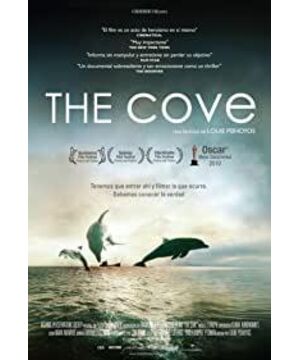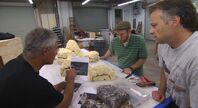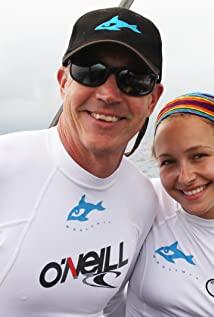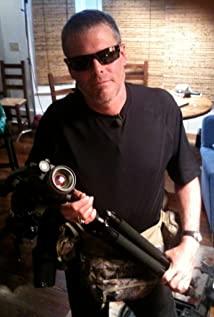-
The Whale Museum in Taimachidi is a "distribution center" for dolphins and whales in many national aquariums in the world. Of those whales and dolphins that are caught, only a small number of individuals with graceful bodies, perfect IQs, and well-developed individuals can be "fortunately" sent to the aquarium. The remaining part will suffer a tragic fate.
-
Relevant data show that every year the Japanese kill 23,000 dolphins for food. However, data provided by the Japanese Ministry of Agriculture indicated that only 13,080 cetaceans were killed in 2007-including dolphins and whales of various species.
-
Dolphins are not fish, but mammals.
-
The film’s director, Louis Pishos, used to be the photographer of National Geographic. This film is his directorial debut.
-
The central character of the film, Ric O'Berry, was once the most authoritative dolphin training expert in the 1960s. He is also the most famous dolphin phonologist today. He once produced the classic TV show Flipper.
-
Louis Pishos is a semi-vegetarian and he also eats fish. But after filming the film, he didn't even eat fish and became a complete vegetarian. Even the belts and leather clothes were "abandoned" by him.
-
The Japanese have a long history of hunting and hunting dolphins. In their recipes, dolphin meat has always been an important dish.
-
The film was screened at the 2009 Tokyo International Film Festival.
-
The Japanese government once had a "school lunch program" in which dolphin meat was listed in the Chinese food recipe. But after the film, this dish was cancelled.
-
Canadian freediving female champion Mandy Rae-Cruickshank and her husband freediving instructor Kirk Krack participated in the filming.
-
The director found the head of the model production department of Industrial Light and Magic Company. With his help, the crew made a fake rock that could hide the camera.
-
The terrain of Taimachi Land is complex, surrounded by mountains on three sides, with only one entrance, and it is also protected by barbed wire, guards and police dogs. The crew only chose to "over the wall" at night.
-
The entire camera crew was closely monitored around the clock.
-
Since Japan did not grant a filming license, the film was actually shot "illegal."
-
When filming at night, the entire crew will "arm" themselves like special forces, with oil paint on their faces and camouflage uniforms, and sneak into Tai Chi to shoot.
-
The heat-free infrared camera used by the crew at night is a military product. As long as there is a pulse signal, this camera can record it.
-
The ending song of the film is Hero composed by David Bowie in 1977. The first line of the song is II wish you could swim, Like the dolphins.
The Cove behind the scenes gags
2021-12-27 08:01
Extended Reading
-
Richard O'Barry: Here in Taiji, you can go to the Whale Museum and watch the dolphin show and eat a dolphin at the same time. They sell dolphin and whale meat right in the dolphinarium!
-
Richard O'Barry: There are lots of groups here in Japan: World Wildlife Fund, Greenpeace, International Fund for Animal Welfare. They all make hundreds of millions of dollars between them. This is the largest slaughter of dolphins in the wold. Where are they?











